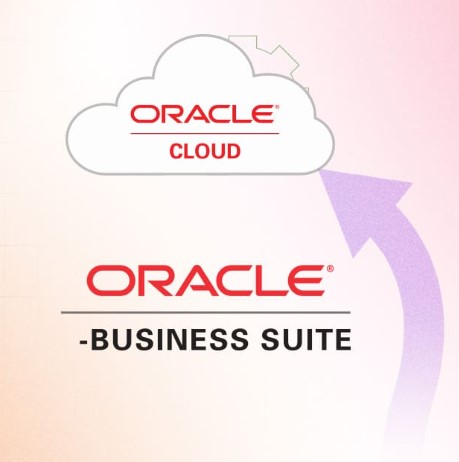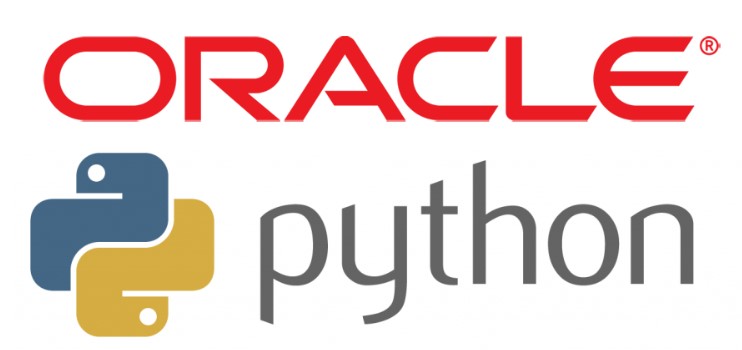Reading Time: ~8 minutes
In today’s hyper-competitive market, staying ahead means doing more with less—less time, less waste, and less guesswork. Enter AI-enhanced ERP systems: a game-changing combination that empowers businesses to make smarter decisions, automate processes, and increase productivity like never before.
If you’re a business owner or IT professional exploring ERP upgrades in 2025, you can’t afford to ignore the impact of Artificial Intelligence in ERP. It’s no longer just a buzzword—it’s becoming the backbone of future-ready businesses.
In this article, we’ll explore how AI in ERP is transforming efficiency for companies of all sizes, why it’s especially critical for small businesses, and what tools you can implement today to get ahead.
What Is AI in ERP?
AI in ERP refers to the integration of Artificial Intelligence technologies—like machine learning, natural language processing, and intelligent automation—into Enterprise Resource Planning software. These systems are designed to centralize and streamline operations across departments such as finance, inventory, HR, and customer service.
While traditional ERP helps consolidate data and processes, AI takes things further by adding layers of automation, predictive analytics, and real-time decision-making capabilities.
Why Traditional ERP Is No Longer Enough
ERP software has evolved from being a backend record keeper to a proactive decision-support tool. However, many legacy ERP systems fall short when it comes to:
- Real-time analytics
- Forecast accuracy
- Process automation
- Adaptability to market shifts
This is where AI tools for business come in. By upgrading to an ERP software 2025 solution that incorporates AI, companies can eliminate manual inefficiencies and unlock entirely new levels of performance.
Benefits of AI-Enhanced ERP for Greater Efficiency
1. Smarter Decision-Making with Predictive Analytics
AI-enabled ERP systems analyze historical and real-time data to forecast trends and outcomes. This allows for:
- Better financial forecasting
- Accurate demand planning
- Improved cash flow management
Business leaders gain timely insights without having to dig through spreadsheets or reports.
2. Automated Routine Tasks
AI in ERP automates repetitive, rule-based tasks such as:
- Invoice matching
- Purchase order processing
- Data entry
- Payroll calculations
This reduces human error and frees up employees for more strategic work.
3. Real-Time Inventory Optimization
AI-powered ERP platforms can dynamically track stock levels, predict demand, and recommend reorder points. The result:
- Lower carrying costs
- Fewer stockouts or overstocks
- Faster response to supply chain changes
4. Enhanced Customer Service
Integrated AI tools for business can automate help desk queries, generate personalized recommendations, and proactively alert teams to customer issues. This improves customer satisfaction while reducing response time.
5. Improved Financial Accuracy
With AI-enhanced ERP, finance teams benefit from:
- Real-time reconciliation
- Fraud detection alerts
- Automated financial close processes
These improvements help maintain compliance and boost audit readiness.
AI in ERP for Small Business: A Competitive Edge
Many small business owners assume that AI is out of reach due to budget or complexity. But ERP software 2025 platforms are becoming more accessible and scalable for growing businesses.
Why it matters:
- Small businesses often operate with lean teams. AI helps multiply their efficiency.
- Automation reduces dependency on specialized staff.
- Real-time insights lead to faster, data-driven decisions.
Cloud-based ERP systems with built-in AI functionalities now allow small businesses to deploy only the modules they need and scale as they grow.
Use Cases: Real-World Efficiency Gains
Retail: AI-enhanced ERP systems help retailers optimize stock, personalize promotions, and streamline logistics—resulting in faster delivery times and higher customer satisfaction.
Manufacturing: AI tools predict machine maintenance needs, reducing downtime and saving thousands in lost productivity.
Services: Professional services firms use AI in ERP for automated time tracking and billing, improving project profitability and reducing administrative overhead.
How to Choose the Right AI-Enhanced ERP Platform
When selecting a solution, look for:
- Built-in AI features: Avoid platforms that require expensive third-party add-ons.
- Cloud-native architecture: Enables scalability and faster updates.
- User-friendly dashboards: For quick access to analytics and reports.
- Strong integration support: To connect with your existing tools and workflows.
Top ERP Software 2025 Platforms with AI Integration
Here are some leading options that offer AI-powered capabilities out of the box:
- Oracle Fusion Cloud ERP – Combines AI and machine learning for advanced financials, procurement, and project management.
- SAP S/4HANA Cloud – Offers intelligent automation across enterprise functions with embedded machine learning.
- Microsoft Dynamics 365 – Integrates AI insights for sales, finance, supply chain, and customer engagement.
- NetSuite by Oracle – A popular ERP for small businesses with robust AI analytics, forecasting, and automation features.
Affiliate Disclosure: This article may include affiliate links. If you purchase through these links, we may earn a small commission at no extra cost to you.
Implementation Tips for Maximum Efficiency
- Start Small: Identify one high-impact area (e.g., finance or inventory) to implement AI-enhanced ERP features.
- Clean Your Data: AI relies on accurate, consistent information. Perform a data audit before deployment.
- Train Your Team: Make sure users understand how to interact with AI features for maximum productivity.
- Measure ROI: Use KPIs such as time saved, error reduction, and faster decision-making to evaluate success.
Final Thoughts
AI-enhanced ERP is no longer a luxury—it’s a strategic necessity. For businesses aiming to increase efficiency, reduce manual workloads, and stay competitive in 2025 and beyond, investing in the right ERP system is crucial.
Whether you’re a small business or a mid-sized enterprise, leveraging AI tools for business through modern ERP platforms can help unlock smarter operations and better outcomes.



